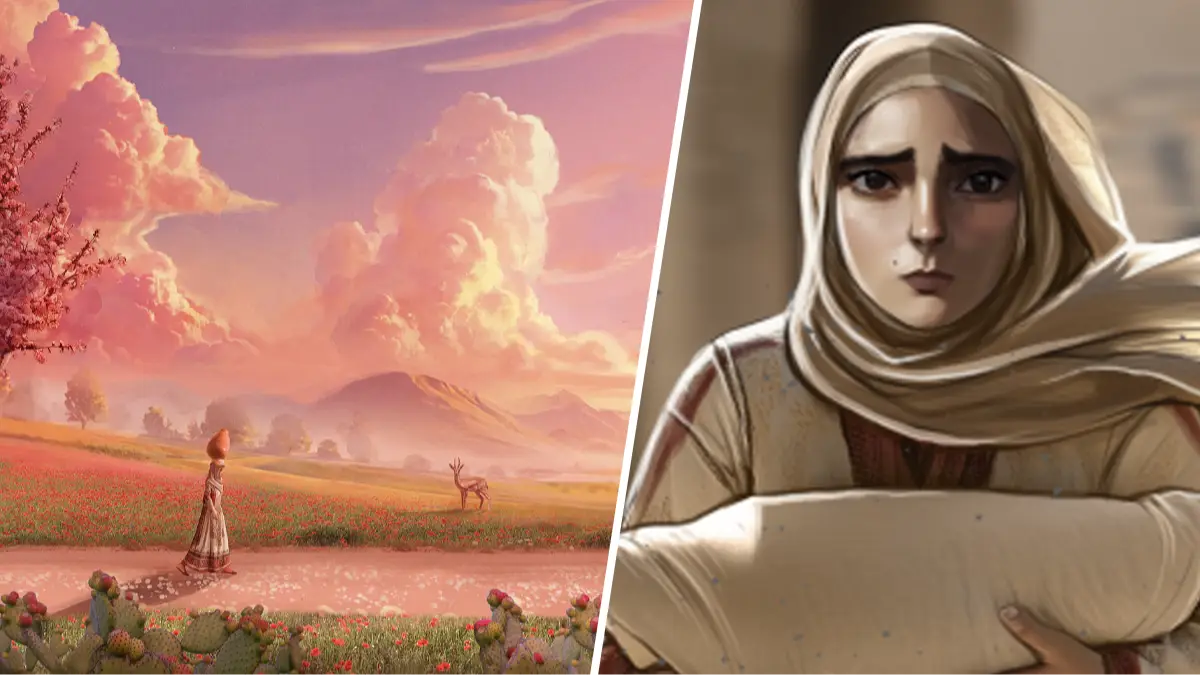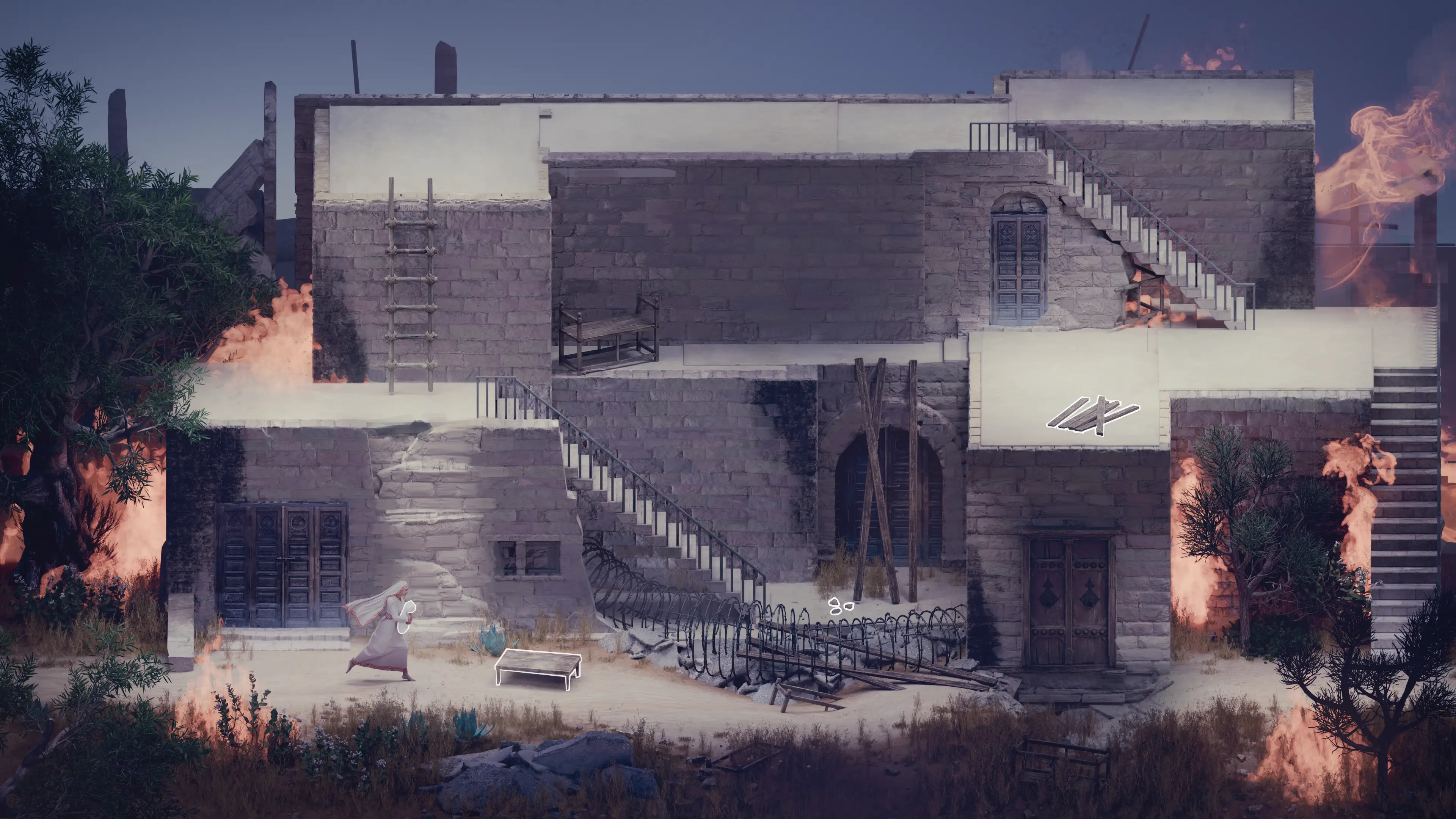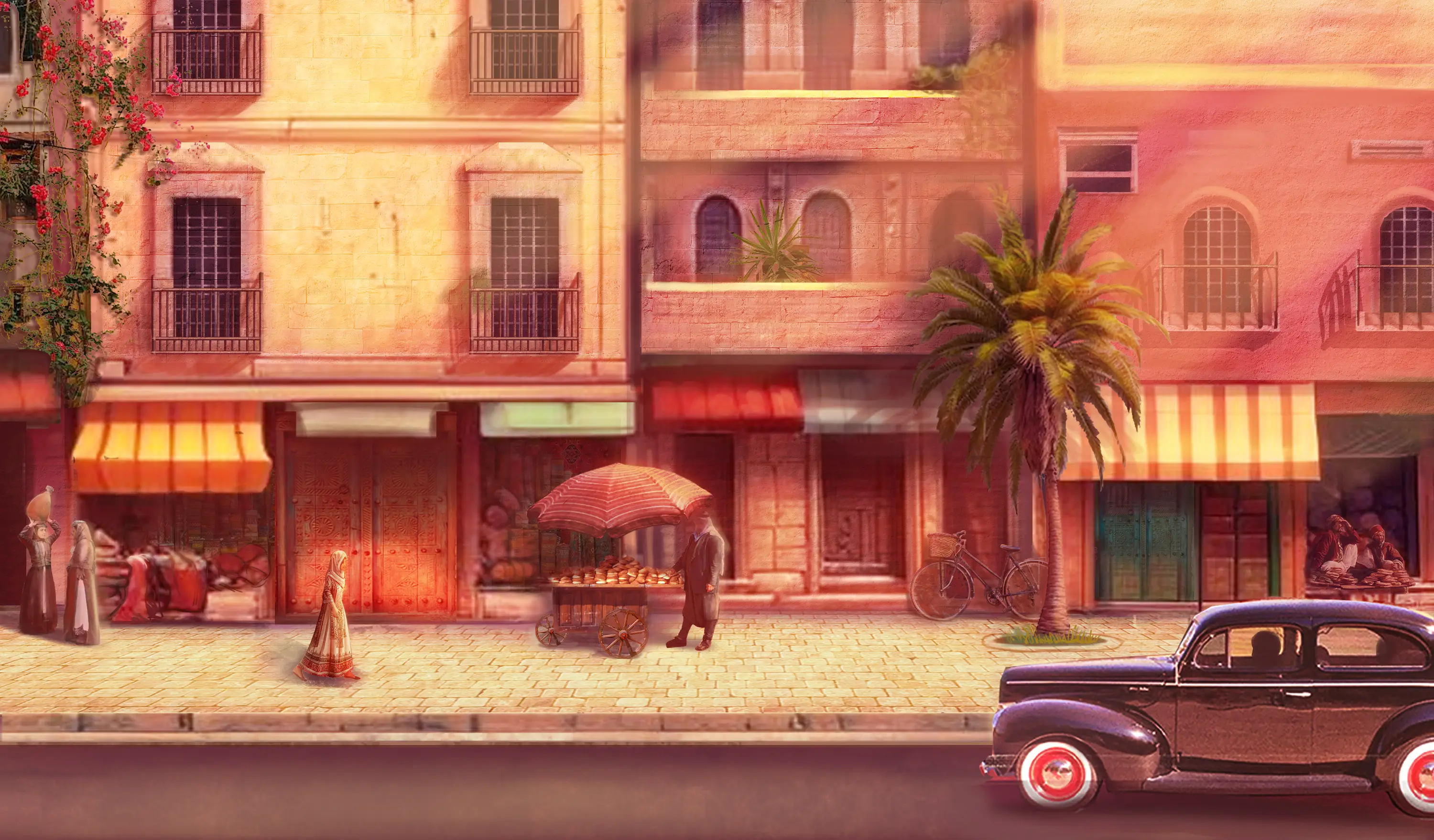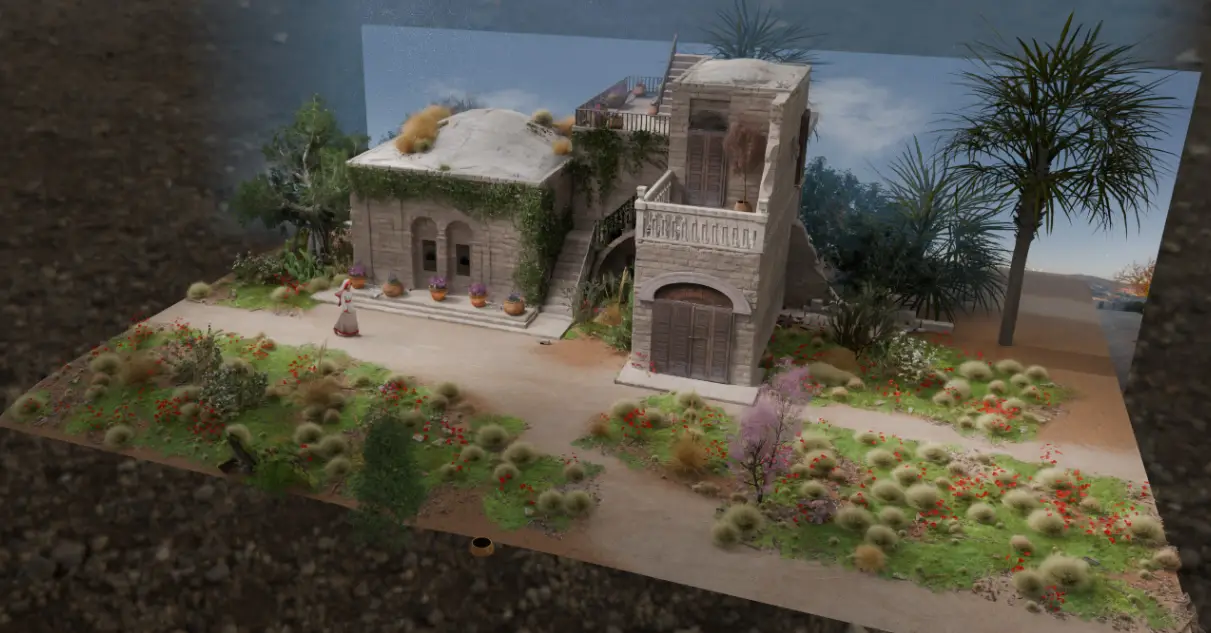
Video games have long since distanced themselves from being merely a hobby, pastime or, I dread to say it, a toy. Since the advent of robust 3D graphics, developers have used the medium to not only craft wonderful adventures, but also document both moments in time and the wide range of human emotions.
Cast an eye across the past decade or so, and you’ll find games that have something to say, a story to tell, or a moment in time to be captured. This could be historical documentation and digital restoration as we have seen in games like Assassin’s Creed Mirage, which replicated 9th-century Baghdad; or it could be an indie game from a small team to document the trials of living with mental health conditions, as seen in titles like Firewatch and Celeste.
Creators are able to use this medium to transport players to times we can never revisit, or educate them about historical moments otherwise left to the annals of time. More than that, it can provide a voice to those being shouted over, oppressed, or underrepresented. This industry, when compared to other forms of entertainment, is still in its infancy and yet it can do so much to broaden our horizons and show us a new point of view.

Advert
Dreams on a Pillow is one such game that will allow players to walk in the shoes of a young mother called Omm who is attempting to travel from her home in Palestine to the northern border of Lebanon. Her harrowing story will follow her attempt to flee the travesties of war with her newborn baby, only as she embarks on her journey she realises that instead of her baby, she has picked up a pillow.
The game is based on a folk tale which takes place during the real events of the ethnic cleansing of Palestinian Arabs during the 1948 Nakba and has been told by families across Palestine for generations. In this story, Omm is but one variation of many told over the years, and she will face the same troubles. After her husband is murdered, she must flee her home to find safety for herself and her child.
Dreams on a Pillow will be a pseudo-3D stealth adventure game which will attempt to tell the authentic stories of Palestinians caught in the events of the “massacre of al-Tantura to the concentration camps of Atlit, she will later encounter the campaign of terror that led to the fall of Haifa, [and] the bioweapon poisoning of Acre.”

Over the past few days, the game has successfully reached its crowdfunding goal of $200,000, which accounts for around half of its budget. The game is being created by Rasheed Abueideh, who previously worked on Liyla & The Shadows of War, a game which told the harsh realities of living under occupation and the constant threat of danger. In the words of its creator to Polygon, Dreams on a Pillow “sets the stage for an essential conversation.”
The crowdfunding page for Dreams on a Pillow details a great deal about what we can expect from the game, but also the difficulty Rasheed Abueideh is facing with his vision. The page states that ten years ago, Abueideh recognised “the power of games: they let players step into someone else’s reality.” He has wanted to tell this story for many years, and we’re one step closer to seeing it.
Despite the success of Liyla & The Shadows of War, Abueideh has been unable to firmly find footing within the games industry and attain a sustainable career. Instead, he opened a nut roastery near his home in Nablus, in the West Bank of Palestine. Sadly, he is unable to work currently due to the roads being unsafe for travel.

Now the crowdfunding target has been reached, work can begin on the game and shift focus from pre-production to full production for a team of nine to start creating. Of course, this means that there’s still some time before we can get the chance to play and step into the shoes of Omm. The aim for Abueideh and his team is to produce a playable slice of the game in order to secure further funding. It will also establish a clear plan for finishing the game should tragedy befall Abueideh during the current occupation of Gaza.
Projects like this are increasingly important for myriad reasons, chiefly among them, the ability to tell the stories of people without voices. This goes for those who have died during conflicts across the world, watched as disease took loved ones, or seen their lives shattered by environmental tragedy. Games are uniquely poised to be able to take players and walk them through situations with interactivity, heightening the emotional connection between them and what’s happening on screen.
Stories, which games are at their core, are passed from person to person illustrating ways in which we fight, survive, and live. Stories represent our history, whether that is a description of a place of worship long-lost to war, or a moment in a life torn apart by tragedy. It matters where the story comes from, it matters who tells the story, and it matters that it is told.
Topics: Indie Games
